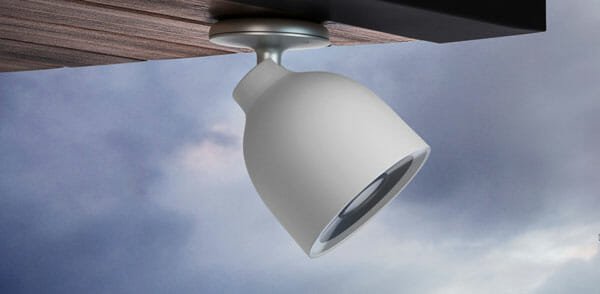Pros and Cons of Using a VPN to Protect Your Privacy
Virtual private networks have become quite popular recently because of the safety and security issues Internet users are facing. Loss of data and online theft of personal data are among some of the strongest reasons why many people decide to browse the Internet through a VPN.
However, there are both pros and cons of using VPNs, as not all users find them helpful.
Admittedly, they form a minority of Internet users but you still need to inform yourself about all the pros and cons of VPNs to protect your online privacy before you contact a provider and ask for hosting services.
How does a VPN work?
The principle a typical VPN functions on is rather simple. Namely, your internet connection gets encrypted in such a way that anyone observing your online activity will believe you accessing the Internet from a location different than the actual one.
Once you establish such a secure internet connection, it is much easier to protect your privacy by concealing your online identity. Hackers or anyone else (mostly big corporations and governments) who wish to eavesdrop will be unable to keep track of your online activity.
Pro: Accessing geo-blocked content
Have you ever had to deal with the grim message: “The following content is not accessible in your region?” If you had, then you have probably cursed at your IP address that stopped you watching your favorite show. With a VPN, this scenario will never again occur because a good VPN will help you bypass any form of a geo-block.
The next time you travel abroad on holiday or for business reasons, you will be able to unblock Netflix or censored content that is unavailable in the country where you’re staying. You will be able to access all your favorite streaming services back home because a VPN will alter your IP address.
Con: Slower Internet connection speed
One of the biggest drawbacks of a VPN is the fact that it can significantly decrease the speed of the Internet connection. The benefit of an encrypted online presence comes with the cost of a slowed-down connection.
Many users lose their patience waiting for a page to load and simply exit the browser, giving up on a VPN. Since providers are well aware of this problem, they offer more expensive hosting packages that offer high-speed Internet connection without jeopardizing online security.
Pro: VPNs are quite affordable
Speaking of money and how much a VPN will cost you, we must say there are VPNs that are totally free! Sometimes, making a choice is difficult, however, here you can find a great online list of free VPNs that might help. Of course, you will not enjoy the same level of privacy as if you were subscribed to a high-quality premium service, but secure, anonymous, and browsing without any hidden costs is possible in December 2019 as well. Like other apps and services, top-notch VPNs get shut down or decrease the quality of the service they offer over time but other VPNs appear on the market to take their place.
When selecting a VPN service, whether you’re a premium user or is it totally free, take care of the terms of the agreement. Some shady VPNs will openly sell your data to third parties which they blatantly state in the contract so be careful what you agree to.
Con: The existence of powerful anti-VPN software
As you might have guessed based by now, VPN services are not liked by everyone, especially large streaming services like Netflix that depend on paid membership. They don’t fancy anyone bypassing their systems so they develop VPN blockers to jam private secure connections.
These blockers resemble computer viruses in the sense that they constantly evolve to keep track of VPNs developing technology. It is highly likely that one day you’ll turn your computer on and realize that the VPN of your choice is no longer doing its job. Luckily, the most popular VPN services are evolving as well, including the aforementioned free ones.
After we have explained how a VPN works and listed some of the biggest pros and cons of a virtual private network, you’re able to determine whether you require one. Regardless of decreased browsing speed and the existence of blockers, VPNs are still one of the best ways to secure your online privacy against third parties who wish to get hold of your confidential personal data.
